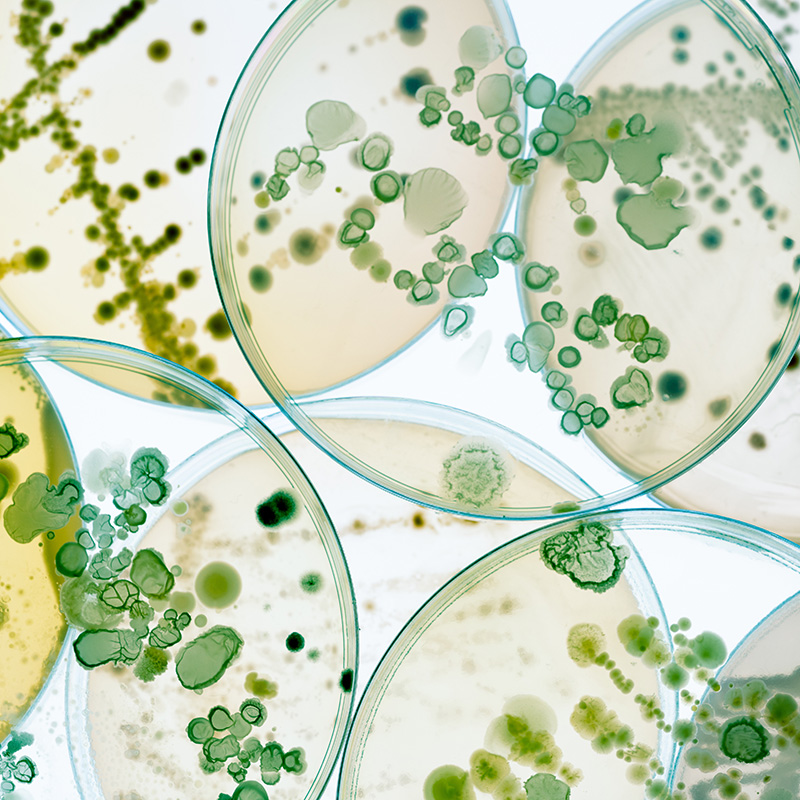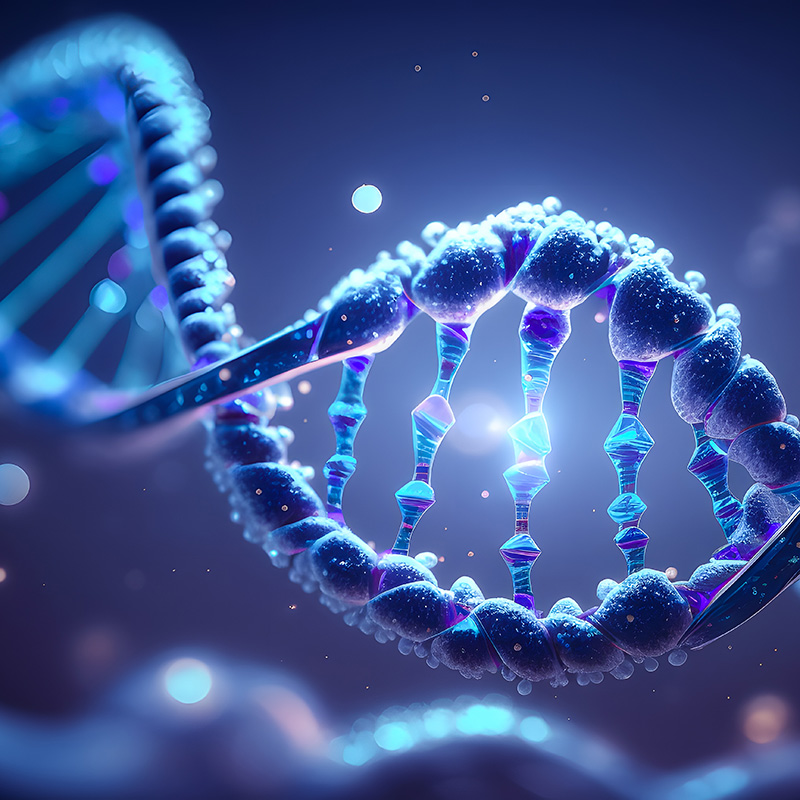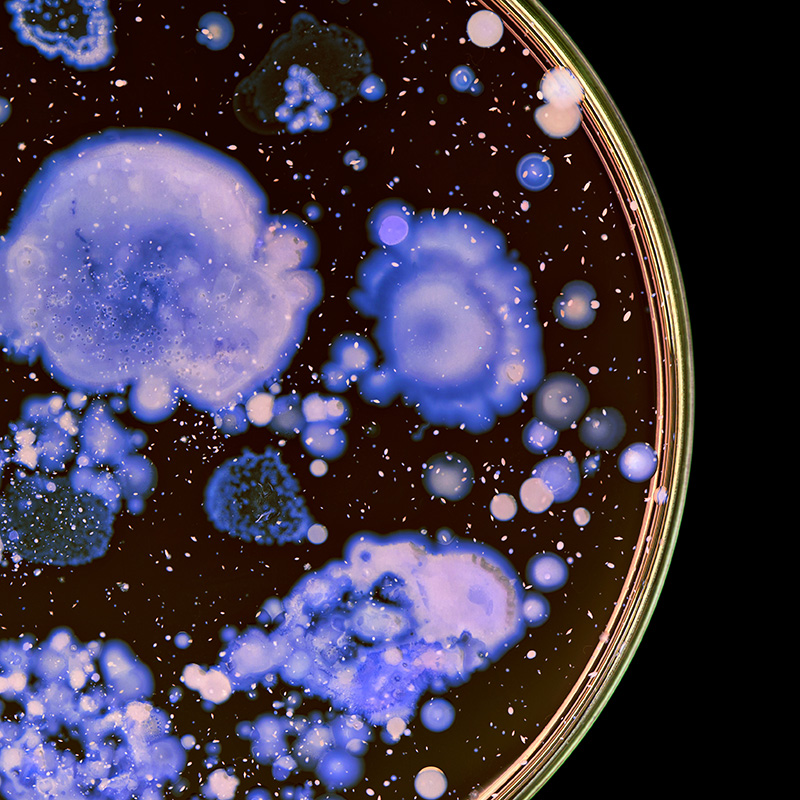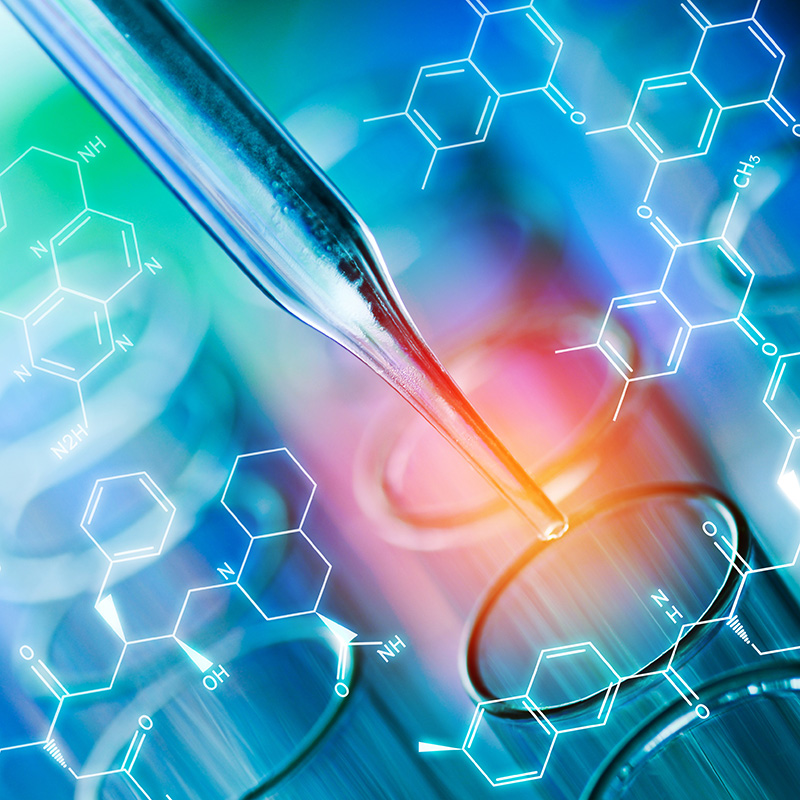For graduate students interested in turning their passion for biology, microbiology, and similar life sciences into a future academic career or professional research interests, our biology master’s programs provide a solid foundation. From physiology to molecular biology to bioinformatics, completion of a M.S. program in biology at SDSU exposes graduate students to a diverse range of methodologies, techniques, and research opportunities.
M.S. in Biology

Biology
For biology graduates wanting to continue their education in the field, or for those wishing to distinguish themselves to potential employers, a master’s degree in biology will further your academic career and make you more competitive in the job market. This research and thesis-based program provides graduate students with a wide range of research opportunities and lab experience.
Curricula:
Catalog: M.S. in Biology

Molecular Biology Concentration
The Molecular Biology Institute (MBI) administers the master’s program in molecular biology. The MBI members coordinate, support, and enhance the research and training in the molecular life sciences through the departments of biology and chemistry.
The interests of the MBI faculty span a wide range of biological problems, and their research activities are supported by grants obtained from a variety of sources, including the National Institutes of Health, the National Science Foundation, NASA, the American Heart Association, and the Muscular Dystrophy Association.
Curricula:
Catalog: M.S. in Biology, Molecular Biology Concentration

Physiology Concentration
For biology graduates looking to work in medical science, healthcare, pharmaceuticals, or similar fields, the master’s program in physiology offers a step in the right direction.
Graduate students will have access to research opportunities offered by faculty in the cell and molecular biology, ecology, and evolutionary biology program areas. Subareas of interest include cardiovascular, cellular, molecular, physiological plant ecology, and comparative physiology.
Requirements for this program vary depending on the program area of the faculty advisor. Prospective applicants are encouraged to contact potential faculty advisors or the program advisor before applying.
Curricula:
Catalog: M.S. in Biology, Physiology Concentration

Ecology Concentration
The Ecology Master’s Program promotes a mission of excellence in research and education in ecology and environmental biology. Graduate students contribute and design research that advances the science of ecology and provides answers to real-world questions. The integration of basic and applied research also provides students with valuable experience. The program emphasizes quantitative approaches and the framing of problems within the context of ecological theory.

Evolutionary Biology Concentration
Since Darwin, evolutionary biology has been the central organizing principle of biology. Students in the program work on a variety of research questions and topics, involving different kinds of organisms and the ways in which they respond to their environments. Graduates can seek employment as biologists working in government agencies, the private sector, and nonprofit organizations.
Curricula:
Catalog: M.S. in Biology, Evolutionary Biology Concentration
M.S. in Microbiology

Microbiology
The master’s program in microbiology offers students the opportunity to expand their understanding of the field and to help achieve their personal and professional aspirations.
When the COVID-19 pandemic halted normal life, it was microbiologists among the ranks of scientists and technicians working to find a vaccine; the study of viruses, fungi, and other microscopic organisms is as rich and important as ever. Students aspiring to careers in virology, bacteriology, immunology, and other related fields will find great educational and career value in this program.
Curricula:
Catalog: M.S. in Microbiology
M.S. in Bioinformatics and Medical Informatics

Bioinformatics and Medical Informatics
The bioinformatics and medical informatics master’s program propels students in the bioinformatics industry to a competitive position in the job market. An M.S. in bioinformatics and medical informatics develops the skills graduates will need in careers in bioinformatics. Where there is DNA, there is a way, and graduates from the program may find work as analysts, technicians, and engineers in bioinformatics.
Curricula:
Catalog: M.S. in Bioinformatics and Medical Informatics
Catalog: M.S. in Bioinformatics and Medical Informatics, Professional Science Master Concentration

